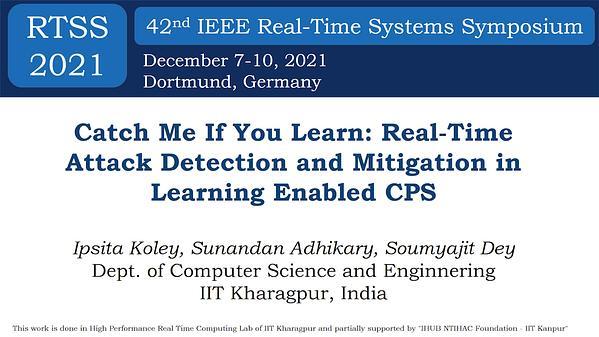Would you like to see your presentation here, made available to a global audience of researchers?
Add your own presentation or have us affordably record your next conference.
keywords:
muslim
race
security
This roundtable discusses how accusations of “terrorism” and “radicalization” are disrupting the ordinariness of everyday interactions. Since the beginning of the Global War on Terror, and more recently with the terrorist attacks in various European metropoles, we have witnessed a growing countering violent extremism (CVE) industry across the private and public sectors that aims to prevent “radicalization” and terrorism. The increasing amounts of money, barrages of policies, and exceptional legal measures targeting potential terrorists have changed the relation between Western majorities and Muslim minorities fundamentally. Through ethnographic examples the roundtable investigates how accusations of “terrorism” and “radicalization” are used to declare states of exception and disrupt everyday interactions. In anthropology, the everyday has been described as a site of encounter and interaction (Lambek, Das). However, the introduction of various counterterrorism and counter-radicalization measures have turned the “everyday” into an arena of suspicion and surveillance. To governments, “the everyday” has become a site where one can identify the transition from “normal” to “extreme” (Danish National Center for Prevention of Extremism, 2020). Social workers, teachers, and networks of mothers are trained to identify signs of potential radicalization across social domains as varied as social work, youth work, education, arts, and within families. This roundtable discusses how the growing CVE industry inscribes a logic of “exceptionality” into the everyday and how this logic of exception becomes contested and challenged. We ask what kinds of violence are acknowledged or ignored within such a context? How does one live an ordinary life when the ordinary (such as clothes, child-rearing and religious practices) has become the target of exceptionalism? What kind of sociability and solidarities are enabled or rendered impossible? And how does one practice engaged anthropology within this context without becoming the target of exceptionalism oneself?

